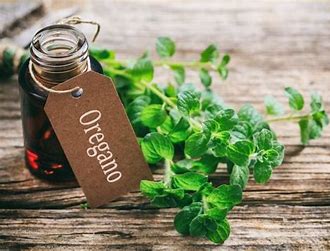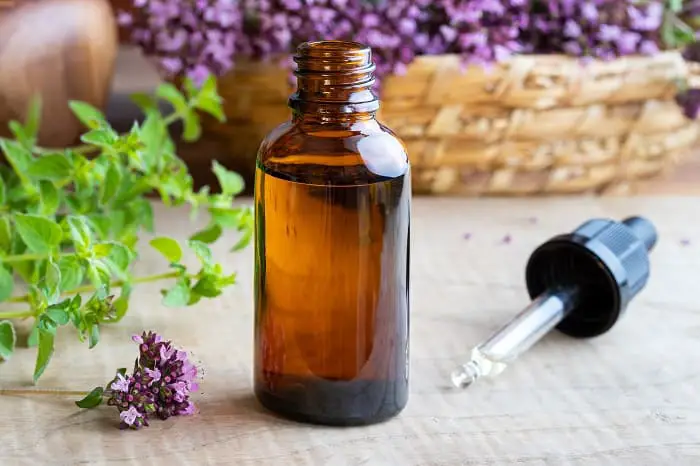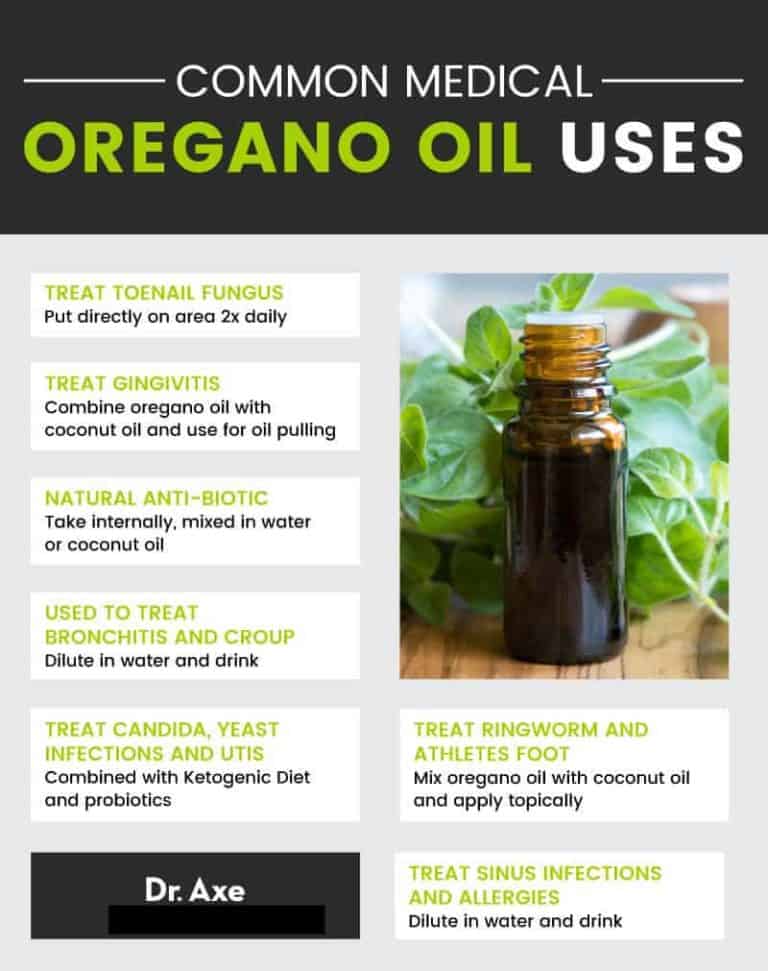Contents
A Comprehensive Guide on How to Make Oregano Oil
Introduction:
Oregano oil has gained significant popularity in recent years due to its potential health benefits and versatility in natural remedies. In this guide, we will explore the process of making oregano oil, its historical background, key concepts, and definitions, as well as its current trends and future outlook. By the end of this article, you will have a thorough understanding of how to make oregano oil and its potential applications.
Historical Background:
Oregano, scientifically known as Origanum vulgare, has a rich historical background in various cultures. Ancient civilizations recognized the medicinal properties of oregano and used it in different forms. Oregano oil extraction methods were developed by these cultures, showcasing their knowledge of herbal medicine. The ancient Greeks even referred to oregano as “joy of the mountain,” emphasizing its importance in their daily lives.
Key Concepts and Definitions:
Oregano oil is derived from the leaves of the oregano plant and contains various active compounds, including carvacrol and thymol. These compounds are responsible for the oil’s potential antimicrobial and antioxidant properties. To extract oregano oil, it is crucial to use high-quality oregano plants that are rich in these beneficial compounds. Different methods of extraction, such as steam distillation, cold pressing, and maceration, can be employed to obtain oregano oil.

Main Discussion Points:
Choosing and Preparing Oregano Plants:
When making oregano oil, selecting the right species and variety of oregano is essential. The most commonly used species for oil production is Origanum vulgare, but other varieties, such as Greek or Turkish oregano, can also be suitable. Harvesting oregano plants at the right time is crucial to ensure the maximum potency of the leaves. The ideal time to harvest is when the plant is flowering but before the flowers fully open. Proper drying and storage techniques should be employed to preserve the potency of the oregano leaves.
Extraction Methods for Oregano Oil:
The most common method of extracting oregano oil is through steam distillation. This process involves exposing the oregano leaves to steam, which causes the oil to evaporate and then condense into a separate container. Alternative extraction methods, such as cold pressing or maceration, can also be used. Cold pressing involves mechanically pressing the oregano leaves to release the oil, while maceration involves soaking the leaves in a carrier oil to extract the desired compounds. Each extraction method requires specific equipment and careful attention to ratios to ensure optimal results.
Refining and Storage of Oregano Oil:
After extraction, oregano oil may undergo a refining process to remove impurities and enhance its quality. This process typically involves filtration and purification techniques. Proper storage conditions are crucial to maintain the potency and shelf life of oregano oil. It is recommended to store the oil in dark glass bottles, away from direct sunlight and excessive heat. Additionally, proper handling and storage techniques can help extend the lifespan of oregano oil.

Case Studies or Examples:
Numerous individuals and communities have successfully produced oregano oil for various purposes. For example, aromatherapists incorporate oregano oil into their practice to promote relaxation and alleviate respiratory issues. Skincare enthusiasts use oregano oil in homemade products for its potential antibacterial properties. Moreover, oregano oil has been used as a natural remedy for ailments such as colds, coughs, and digestive issues.
Current Trends or Developments:
Recent research has shed light on the potential health benefits and therapeutic uses of oregano oil. Studies have shown its effectiveness against certain types of bacteria and fungi, making it a promising natural alternative to conventional treatments. Additionally, innovative techniques in oregano oil production, such as the utilization of advanced extraction methods or the incorporation of nanotechnology, are being explored to enhance its efficacy.
Challenges or Controversies:
Sourcing high-quality oregano plants and accessing the necessary equipment for extraction can be challenging for individuals interested in making oregano oil. Additionally, there are controversial claims surrounding the effectiveness or safety of oregano oil, particularly when used in high doses or for prolonged periods. It is important to consider differing viewpoints and consult with healthcare professionals before incorporating oregano oil into your regimen.
Future Outlook:
The future of oregano oil production looks promising, with potential collaborations between the pharmaceutical and cosmetic industries. Oregano oil’s versatility and natural properties make it an attractive ingredient for various products. Continued research and regulation are crucial in establishing oregano oil as a mainstream natural remedy, ensuring its quality and safety for consumers.

Conclusion:
In conclusion, making oregano oil involves careful selection and preparation of oregano plants, followed by extraction using methods such as steam distillation, cold pressing, or maceration. Refining and proper storage techniques are crucial to maintain the oil’s potency and shelf life. Oregano oil’s historical significance, potential applications, and emerging trends highlight its importance in herbal medicine and natural remedies. By exploring further research and experimentation, individuals can harness the benefits of oregano oil in their holistic health practices.
References:
Baser, K. H. C., & Buchbauer, G. (Eds.). (2010). Handbook of Essential Oils: Science, Technology, and Applications. CRC Press.
Oregano Oil and the Respiratory System. (n.d.). Robert Tisserand. Retrieved from https://roberttisserand.com/essential-oils-and-the-respiratory-system/
Sienkiewicz, M., Łysakowska, M., Ciećwierz, J., Denys, P., & Kowalczyk, E. (2012). Antibacterial activity of Thymus vulgaris essential oil alone and in combination with other essential oils. Natural Product Research, 26(4), 344-350.
